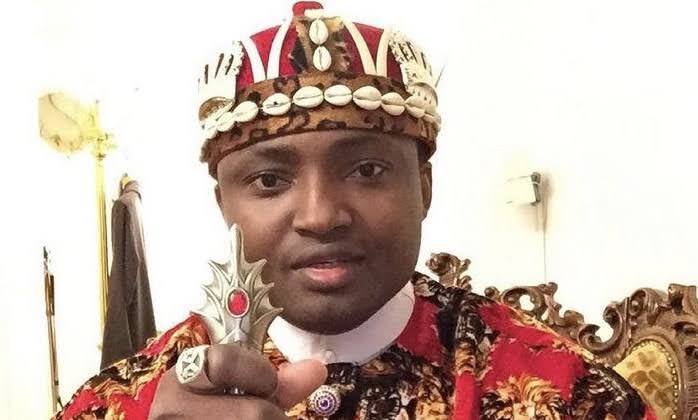
Simon Ekpa, a leader of the Biafra Republic Government in Exile (BRGIE) and a vocal proponent for Igbo self-determination, recently declared a lockdown in Enugu and other southeastern states of Nigeria in response to the alleged police killing of musician Smith Odinaka. Ekpa, who has consistently called for greater autonomy in the region, issued the lockdown as part of a broader protest against perceived injustices by the Nigerian government toward the Igbo people.
Ekpa’s move follows an incident where police officers allegedly shot Odinaka on October 13, sparking public outrage over police conduct. Ekpa has called for justice for Odinaka and demanded that security forces withdraw from Igbo-majority areas, which he claims face constant harassment and violence from government agencies. Through the lockdown, Ekpa aims to disrupt government functions in Enugu, Anambra, Imo, Ebonyi, and Abia, urging local citizens to avoid government offices and refrain from commercial activities during the protest.
The lockdown order also intensifies Ekpa’s demand for the release of Nnamdi Kanu, the detained leader of the Indigenous People of Biafra (IPOB), and for the Nigerian government to cease its militarization of the Southeast. Ekpa has argued that Kanu’s detention fuels unrest, and his release would be a step toward restoring peace and stability in the region.
The directive has generated mixed reactions within the region, as some residents and business owners express concerns over the economic toll of such sit-at-home orders. While some community leaders sympathize with Ekpa’s call for justice and regional autonomy, they are cautious about the broader social and economic implications of prolonged lockdowns on local communities.




